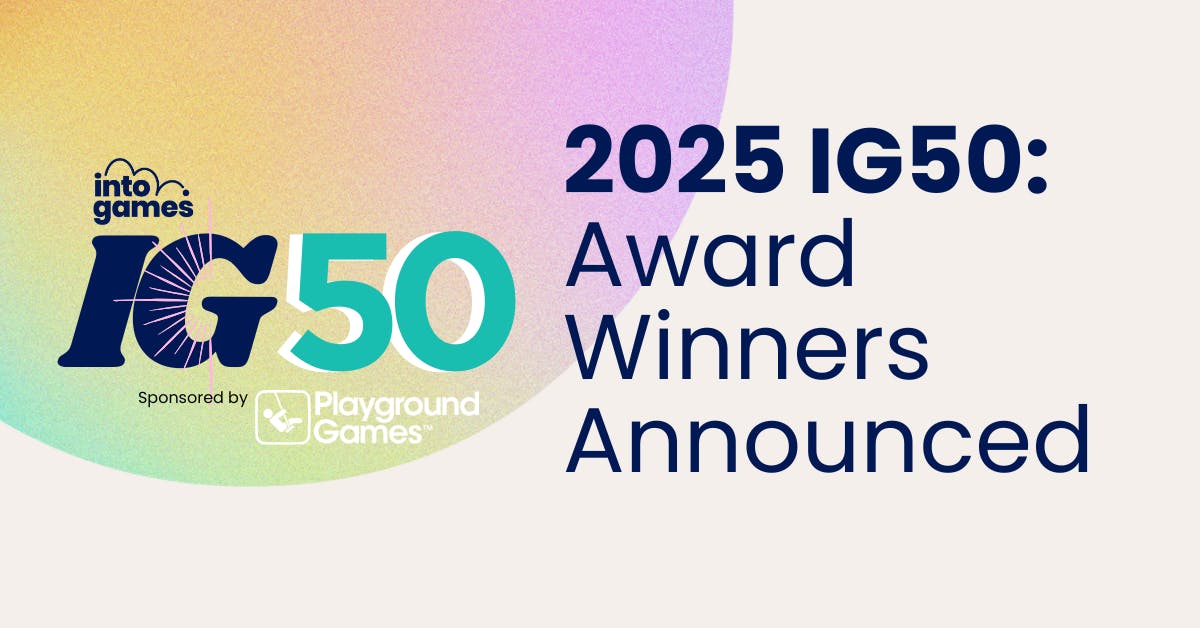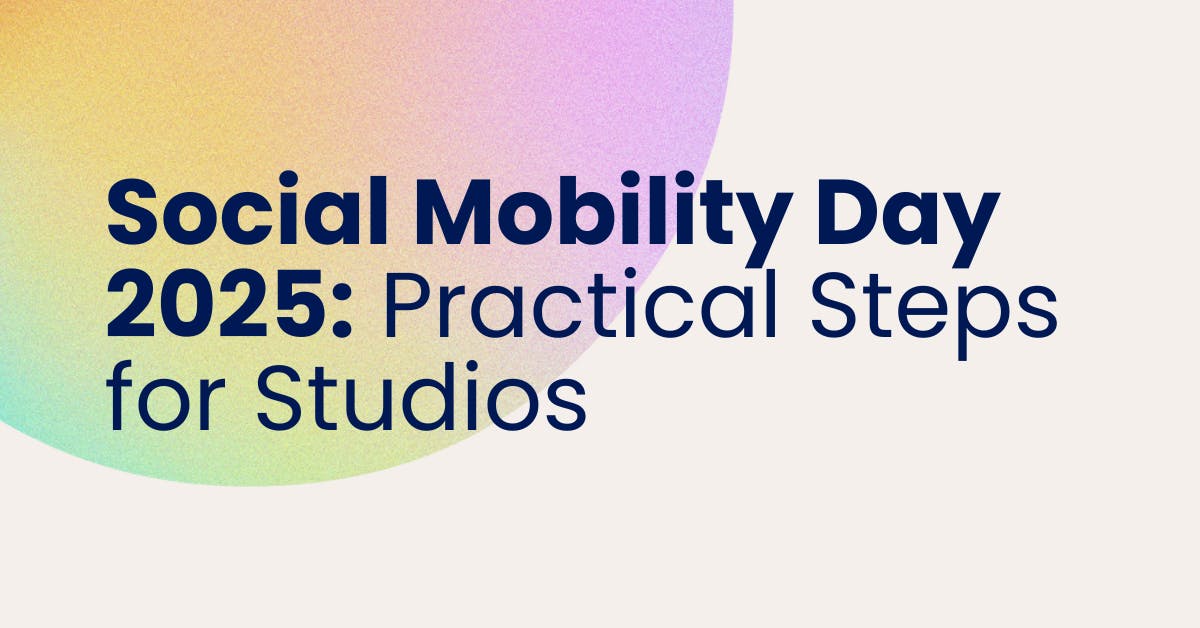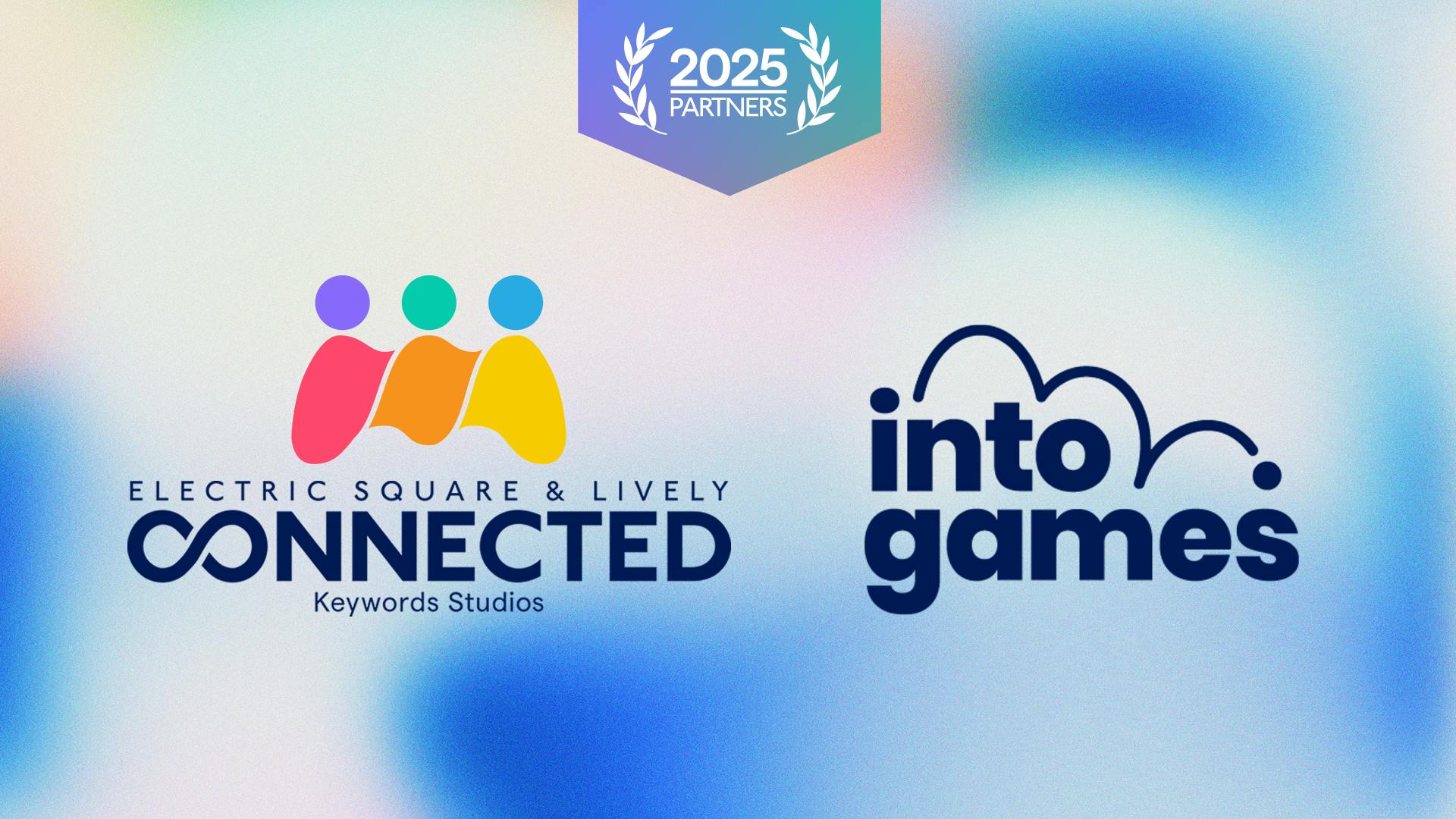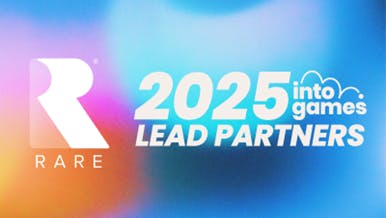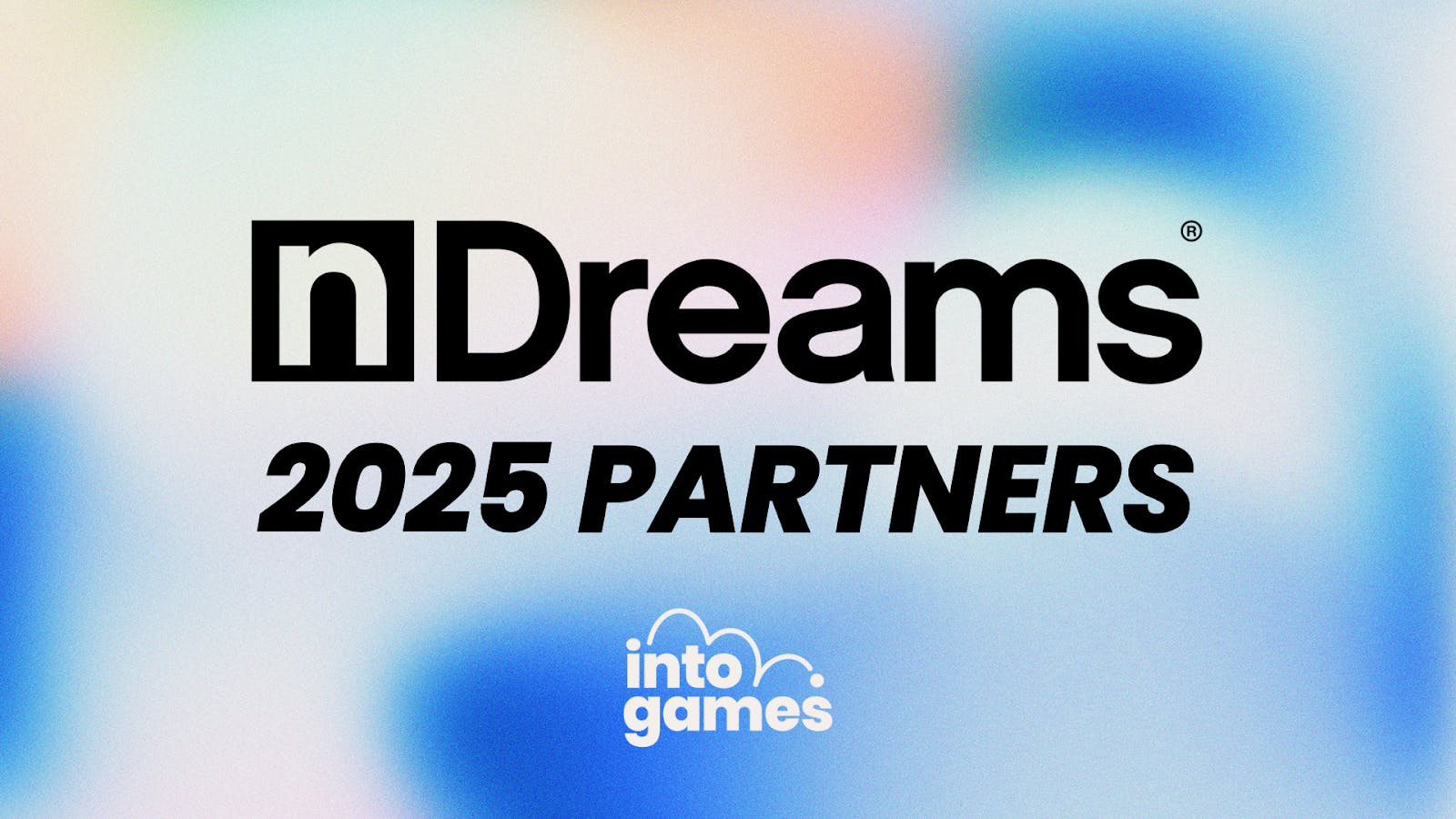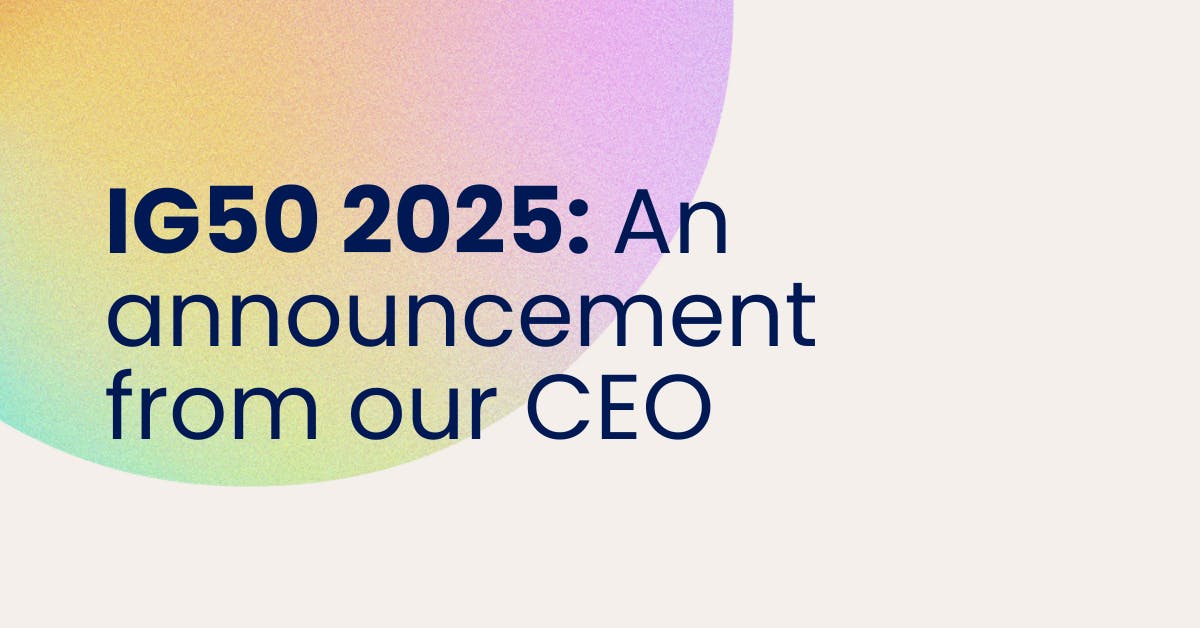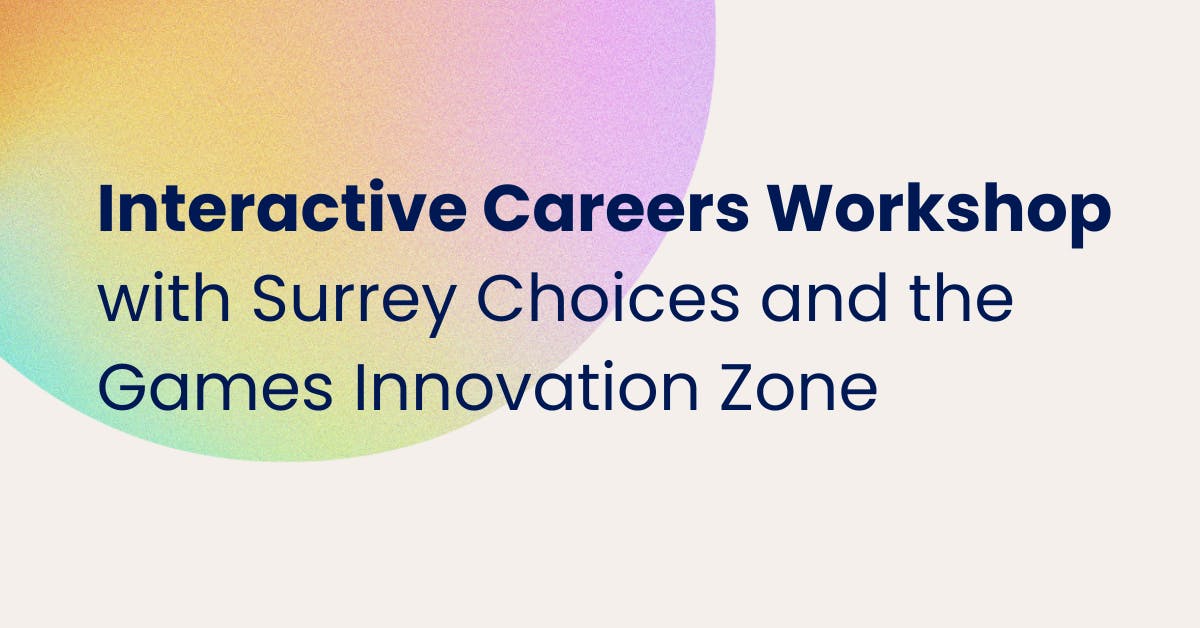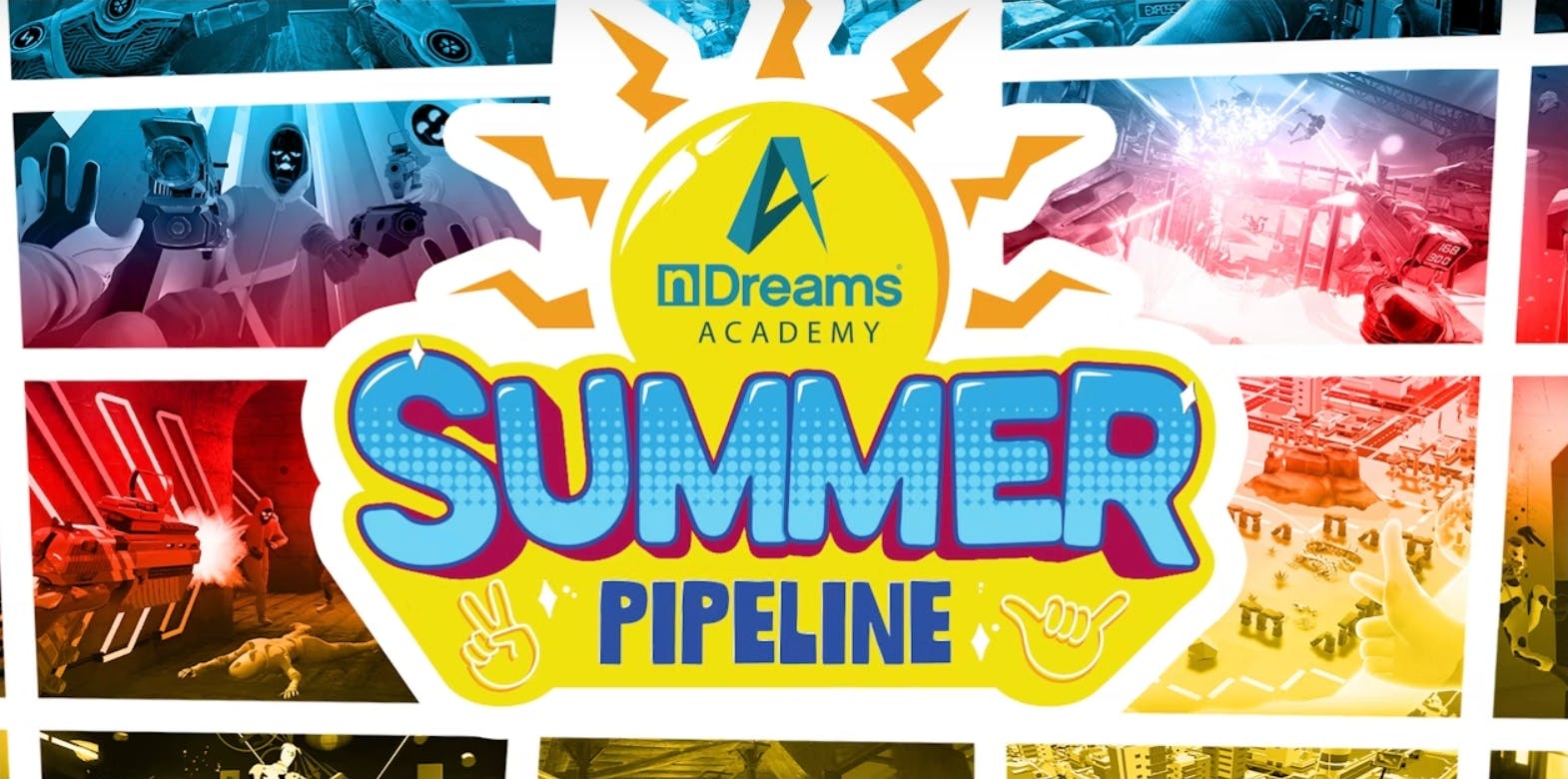
7 October 2020
What does a Creative Director in games do?
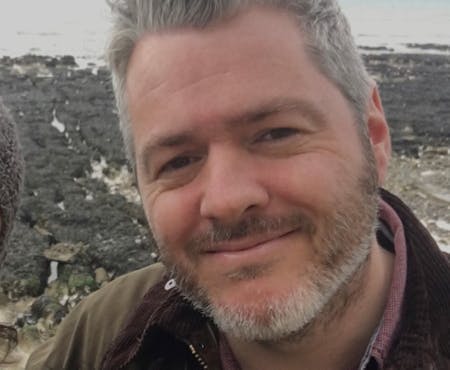
Charlie Bewsher is the Creative Director for Creative Assembly, the multi-award winning BAFTA UK games studio behind Total War, Alien: Isolation and Halo Wars 2. Throughout his career, Charlie has worked on Deathtrap Dungeon, Warrior Kings, Manhunt2, Max Payne 3, GTAv, RDR2 and Halo Wars 2, and more. We asked Charlie, some key questions about getting into the games sector.
Explain your role like I'm 5 years old
My role is essentially to own the vision of the game, to ensure that it is communicated to the team and then to ultimately ensure their work adheres to that vision.
Take us through your average day at work
My day boils down into the 3 above areas. I develop the vision, through research and discussion, and (especially in these remote working times) develop ways to communicate this. I spend a large part of the day talking to teammates: before tasks are started, to ensure they have the correct direction and reference. I’ll also check in while work is being developed, and then I’ll review complete work, ensuring everything hits the game’s goals and level of quality.
What was your educational and career journey into your current role?
I focused on art during my school education – drawing lots of fantasy and sci-fi! And then studied product design at Kingston University. After university, I made the decision that I wanted to get into game dev. I’d always been into games (since the early pong and then Atari consoles) and had owned computers, making art and animations on them. I took this work to game artist interviews and was rejected – one kind interviewer explained my work was too unfocused and not related to what they did.
Luckily (this was in the early 90’s) I managed to get a job at a digital learning company as an artist, so I spent a couple of years there developing my art and tech skills and putting together a portfolio fit for a game position. I invented a game (very broadly) and started creating 3D assets for it, to make it easier for any interviewers. This portfolio managed to get me a job as a game artist – I was in!
In those days a twenty-person team was huge, and we all sat close to each other, so I got to hear design question all day. I was nosy and eager to help - I was design-focused, and after a few months or so, I became a level designer. My design career then carried on while I worked for some great companies, eventually up to Design Director. I made the transition to Creative Director recently at Creative Assembly working on our new FPS-IP.
What do you love most about your role?
That we create entirely new experiences out of just our ideas and electricity – it’s magical. More specifically, I love working with talented people to create something that is meaningful, that provides fun and entertainment, that brings people together.
I am constantly challenged with extremely entertaining problems to solve – how to make this more fun, scarier, more exciting, against my resource constraints? Or now, how do I ensure that my team solve these problems in the best way? I find these fascinating challenges.
What's the hardest thing about your role?
As a designer, I look for solid first principles and rational solutions to anchor my work. But those anchors don’t often exist in creative direction – it’s much more personal, subjective – you need a lot more belief in yourself. And you need to give answers to people who are experts in their field.
What key skills should people work on to do your role one day?
Be creative! As well as work, I draw, cook and have hobby projects. Absorb creativity – obviously, that starts at gaming (play lots of games!) but that can’t be all – you must have a wide range of influences – movies, music, comics, books, art, history, drama etc. And understand the science of what we do – the psychology of our players.
What advice would you give to your younger self looking to get started in the industry?
Work hard at maths and English – these will always be helpful. I’m biased to formal design courses – Product, Industrial Design etc – I think you learn about good design processes. You don’t join a company to become a game designer – you should have started that much earlier with any of the tools freely available (modding tools, editors, dev platforms or paper). We want people who have that urge to be creative, and the drive to do that by themselves. Don’t rely just on collage projects/progress. And think carefully about what a prospective employer would want to see in your interview.
Do you have any links to good articles or videos that you think might give some tips or advice to someone starting in your role?
There is so much out there to look at and learn from. Every designer should read The Design of Everyday Things by Donald J Norman. Also, Thinking, Fast and Slow by Daniel Kahneman. For games design, I’d suggest A Theory of Fun for Game Design by Raph Koster. Videos – Extra Credits is always worth a watch.
YouTube Channel: Extra Credits
Stay up to date
It's time to level up your inbox
Pick which newsletters you're interested in receiving, and customise further by specifying a discipline.
Join our mailing listTell me more
